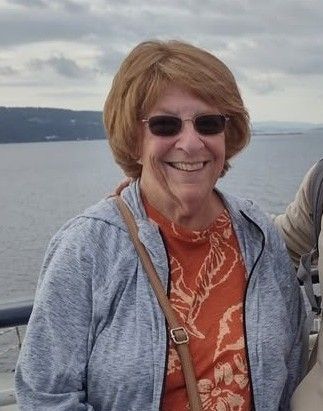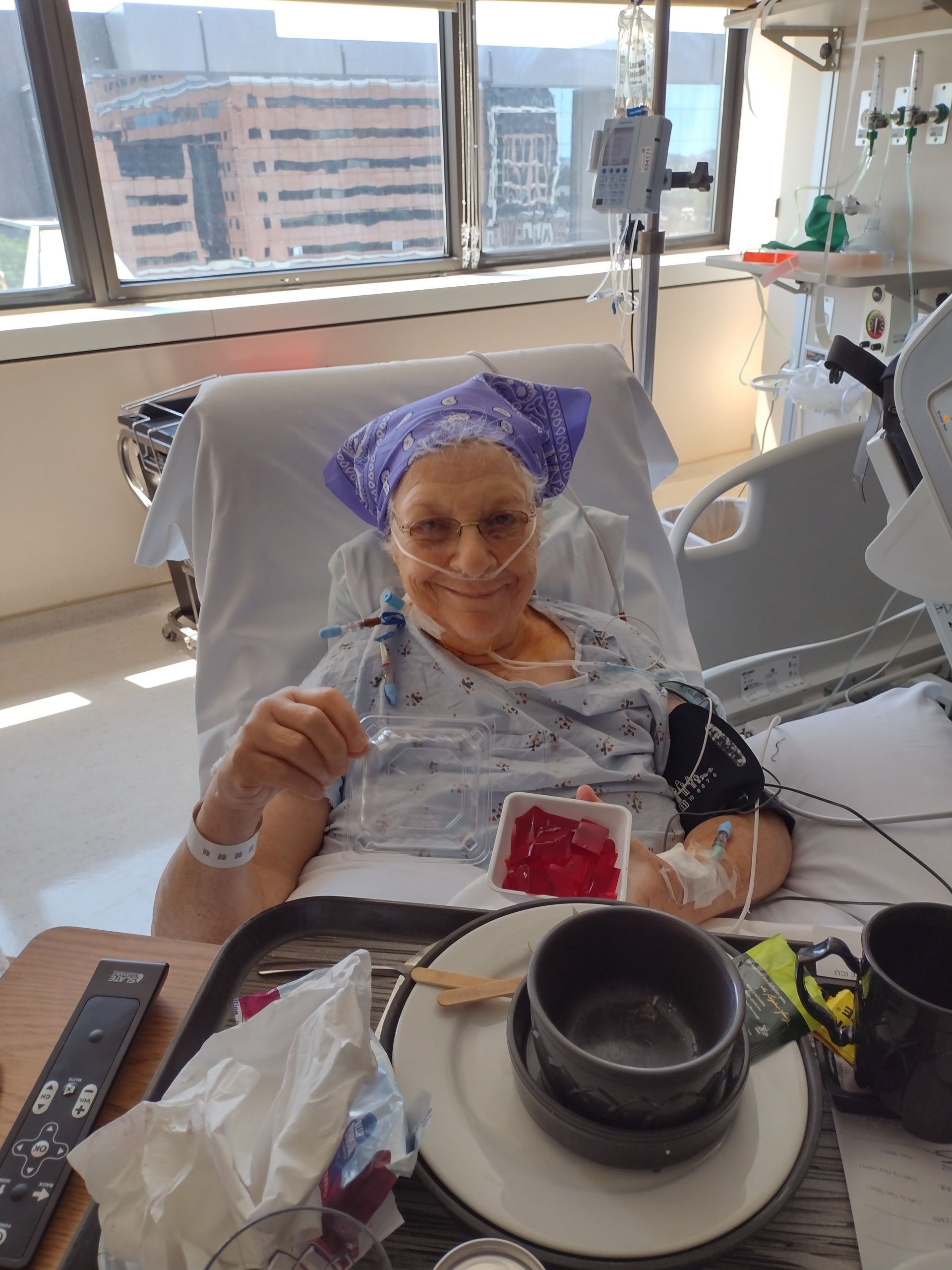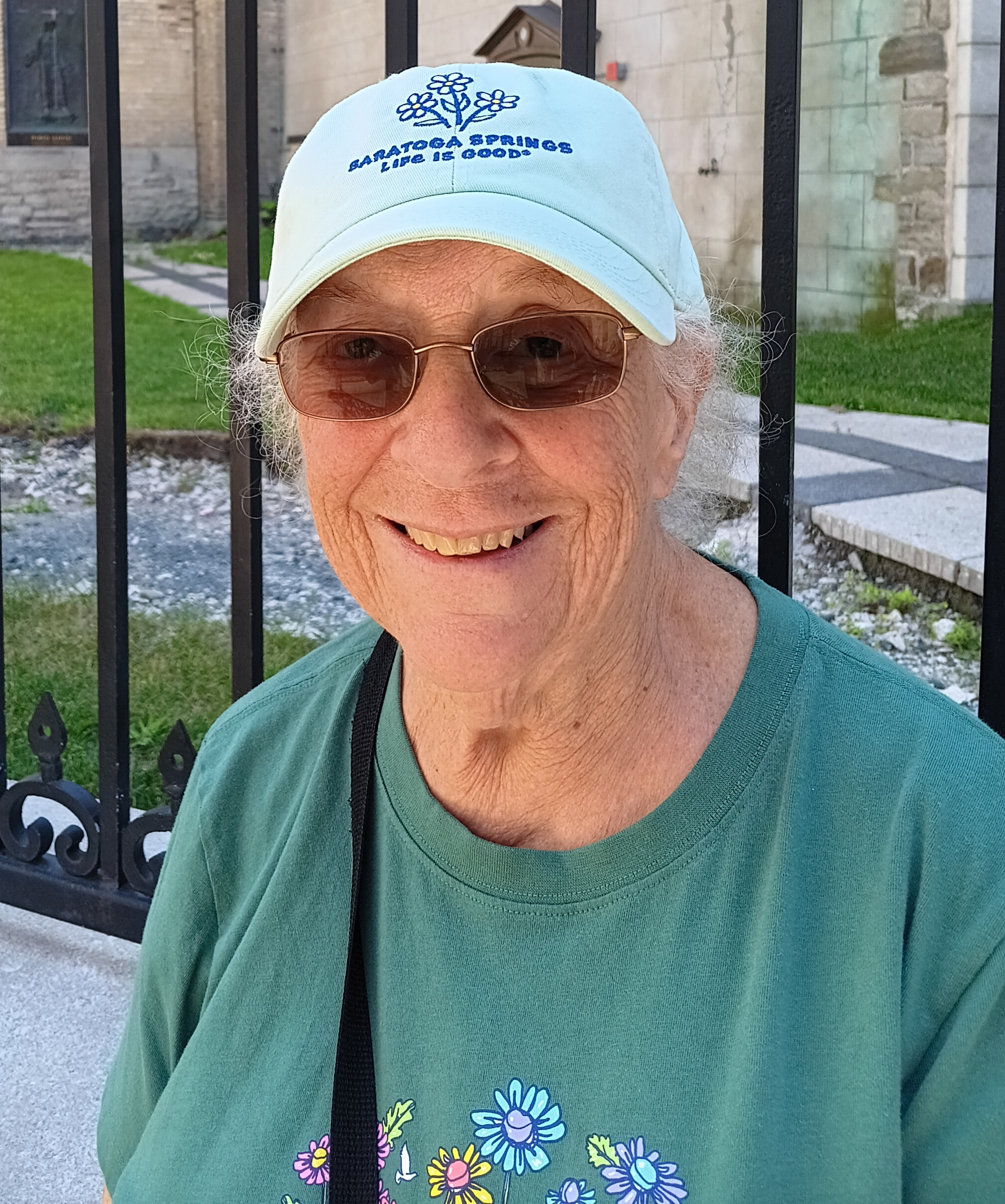Faces of HCM
Linda Morzillo
During a routine checkup at our family doctor's office during the early 2000s, my doctor heard a heart murmur for the first time. A couple of years later, when the murmur had not gone away on its own, I was referred to a local cardiology group in Saratoga Springs.



The cardiologist ordered several tests; it was determined that I have Hypertrophic Cardiomyopathy (HCM). It was fortunate that I was assigned to a cardiologist that was versed in HCM. Many people spend years with one incorrect diagnosis after another. At this time and for many years afterwards it did not affect my active life at all. I continued to walk 20-minute miles, ride my bike and easily climb stairs and hills. The condition was monitored yearly with an echocardiogram, sometimes a stress test, and over time, the left ventricle wall was slowly growing thicker. Around 2017 I noticed myself slowing down. My cardiologist talked about surgery for several years, yet I was doing all that I wished to do and any surgery, especially heart surgery, is always a serious and scary undertaking. I was petrified at the prospect and did not seriously consider it.
My dad had quite a bit of shortness of breath in the last years of his life. He did have a mitral valve murmur; it is unlikely that he was tested for HCM. He passed away in 1999 from another ailment. It is probable that I inherited the condition from him; his family, including his mother, had several cases of heart ailments. It is unknown if any were HCM.
During the second week of February 2022, I woke up feeling ill during the night. I was on my way to the bathroom when I very suddenly became dizzy and unsteady, and I passed out. My husband, Jim, woke up and called 911. I was taken to Saratoga Hospital, where I had a catheterization, it was determined that I was not having a heart attack.
After discharge, I had a consultation with my cardiologist, and it was clear to him that the continued thickening of the ventricular wall, causing disruption in blood flow, was the reason for this incident. I had obstructive HCM – now life-threatening. He said myectomy surgery is available to alleviate this condition and I - much to his relief - opted to pursue this route even though I was petrified. The surgery date was set for Thursday, July 21, 2022 at the Mayo Clinic.
There were a few things I needed to do before arriving at the hospital at 6:20 AM on the day of my surgery. Most of it involved cleanliness and medications.
The surgery lasted about 4 hours. I remember waking up, but I could not talk yet as I was intubated (a breathing tube was in place). Jim said that I had a personal nurse always assigned to me during the 24 hours I was in that recovery area.
As the doctors expected, the surgery was a success.
I was taken to my room the day after surgery, and I was there for the next 4 nights. The supporting staff, professional and nonprofessional, were pleasant, patient, knowledgeable. By the time I was discharged, I was able to do everything, usually slower than what is normal for me.
When we arrived home, Jim slept in the downstairs guestroom for a few nights; I slept in the recliner. It was easier to get in and out of it to use the bathroom. Within a week or two I slept upstairs in the guest bed, lower and easier to get up and down. Soon I was back to our regular bed.
After my myectomy, I began to experience bouts of dizziness. That happened only when I was moving around, which was very frightening. I complained quite a bit about it, yet no one seemed to be able to find the cause. Things came to a head in early October when I passed out at home. After this episode, I was given a heart monitor to wear for a month. Two Mondays before Thanksgiving, I sent the Holter monitor to a lab and waited for the results. I continued to experience dizziness and vertigo. I passed out again the day before Thanksgiving. I was admitted to Saratoga Hospital and later transported to Albany Med. The day after Thanksgiving, the results from the Holter monitor became available.
On Monday, I was informed by a cardiac surgeon and a cardiac electrophysiologist that I would be getting a pacemaker and defibrillator that day! Hooray! I was willing to do anything to cure the dizziness, giddiness and syncope. I was discharged the next day. That was exactly the right treatment because there have been no incidents of dizziness or syncope since.
Today, life is very active, busy, and full. I easily walk 10 kilometers with my walking club, can ride my bicycle 20 miles, paddle my canoe, go to the gym, work in my garden, mow the lawn with a self-propelled mower, volunteer, and travel often on active adventures. Without surgery, I would not be able to do many of those things.
Each life challenge is a learning experience, and we move through these challenges with lasting takeaways. Among the many things I learned is that one must advocate for themselves. A major advantage during recovery from surgery was the fact that I was as active and as fit as I was. The expertise of medical personnel, both in knowledge and skills, is far beyond anything most of us could imagine. No two people have the same HCM story, we are all different in exactly how it presents and exactly how it is treated. The result is that medicine is truly an art using the scientific findings available at any given moment. A personal realization is that both fear and courage are important emotional factors in living with and making decisions regarding HCM.


 Translate
Translate